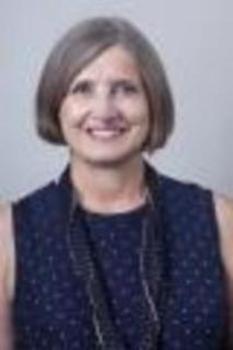Question
I would really appreciate examples of functional goals for preschool children in the area of speech and language.
Answer
In writing functional goals for preschool children, it is imperative to consider the life of the preschooler and what he/she needs to understand and say to be successful in the preschool environment. We too often get caught up in addressing specific conceptual knowledge such as shapes/colors and forget that a preschool child may need more general support in basic communication, expanding general vocabulary, or pragmatic domains. Think about what happens in preschoolers lifeHe/she must: communicate basic/wants and needs (like the need to go to the bathroom or the desire to play in the block area), participate in a circle time activities such as singing, rote counting, and joint book reading, and follow teacher and parent directions that are often two and three steps. The preschool activities and centers can be the basis for functional goals, e.g. ask for more juice at snack time, request a toy from another child during free play, answer a when or where question during book reading.
Once we understand the necessary skills for success in preschool, we need to assess the child's abilities in these areas before written the goals. Remember that the standardized tests are decontextualized and taking goals directly from these tests will often make our goals nonfunctional (i.e. understanding analogies or listing items in categories). Rather than using these standardized measures for goal writing, think about what a child is able to do independently and what he/she can do with different levels of support (a more dynamic method of assessment). From there, write goals can be written for the areas of language that require the most support. For instance, a child who does not respond to yes/no questions unless given a verbal prompt may have the goal ofnswer a yes/no question independently during routine play or book reading. A child who screams rather than asking for help may have the goal of - ask for help when toys are out of reach or he can't reach ........
Finally, to write good, functional goals we must think about what a good goal must include. A goal should incorporate what we want the child to demonstrate, the conditions under which the child can demonstrate the skill, and the criteria to judge whether the child has been successful. Use verbs and include specific conditions that describe to what degree the child will be able to demonstrate mastery of the skill. For instance, a functional goal for a preschooler who is having difficulty in responding appropriately to why questions during a story at circle time would be: Child will accurately respond to a why question (skill) during group joint book reading (condition) independently in 3/5 trials (criteria).
Writing functional goals should be fairly easy if we have first adequately assessed a child's language in his/her natural environment. Other examples might include:
Use 3-word utterances in answering a question about a story
Use past tense when describing what happened in a story
Use target phonemes when answer questions in circle time.
Initiate conversation with peer during free play
Respond to initiation from peer during free play
Attend to story in circle time for five minutes
References
Justice, L., (2006) Clinical Approaches to emergent Literacy Intervention. San Diego: Plural.
McGee, L.M. & Richgels, D.J. (2003). Designing Early Literacy Programs. New York: Guilford Press.
Ukrainetz, T. (2006) Contextualized Language Intervention, Super Duper.
Nancy Creaghead, Ph.D., is a speech-language pathologist and professor at the University of Cincinnati, where she teaches in the area of language disorders in preschool and school-age children.
Lesley Raisor, Ph.D., is a speech language pathologist, working with preschool children and teachers in Head Start. She teaches courses in language disorders in preschool and school-age children at the University of Cincinnati.

